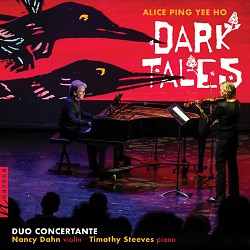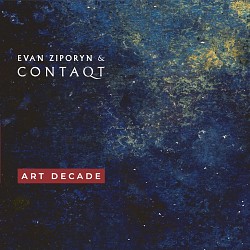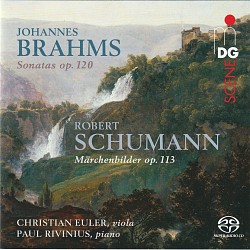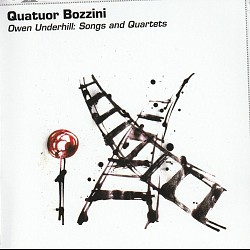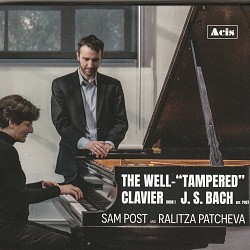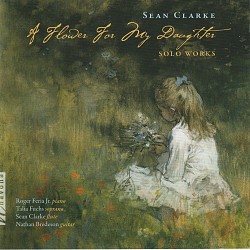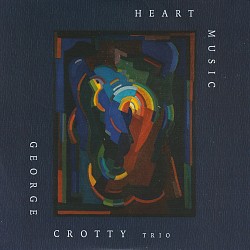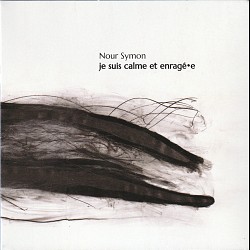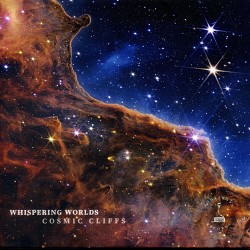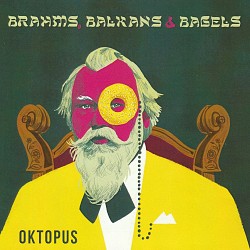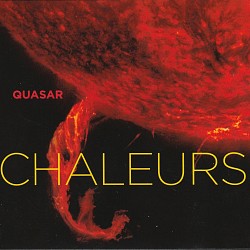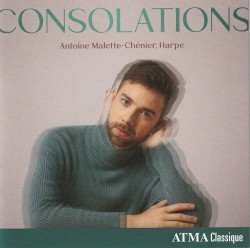 Consolations
Consolations
Antoine Malette-Chénier
ATMA ACD2 2855 (atmaclassique.com/en)
Listen
A Farewell to Saint Petersburg: X. "The Lark" - Listen on Spotify
Consolations, S. 172: III. Lento placido - Listen on Spotify
In the Garden - Listen on Spotify
Read the Review
There are perhaps no more beautiful sounds in European art music then the classical pedal harp, particularly so when the instrument is masterfully played, exquisitely recorded and gorgeously captured within a naturally resonant acoustic environment such as the Église St-Benoît in Mirabel, Quebec. Further, there are few more intimate musical experiences than the solo performance. Here, with the artist alone and exposed, one traverses a performative tightrope as both artist and listener, edging on the precipice of exhilarating beauty and potential pitfall. Thankfully, it is the former, rather than the later, that is the case on this fine 2022 recording from the Quebec-based harpist, Antoine Malette-Chééénier.
Principal harpist for the l’Orchestre Symphonique de Trois-Rivières and a graduate of McGill, the University of Montreal, Yale and the Conservatoire National Supérieur de Musique et de Danse de Lyon, France, Malette-Chénier brings experience, considerable education and training, as well as valuable artistic interpretation to Consolations, his first disc of solo harp pieces for the ATMA Classique label. In addition to achieving his “central desire… to touch souls, to communicate heart to heart” by prefiguring music that resides at the nexus of romance, Christian spirituality and beauty, Malette-Chénier has also used this platform to shine a light on the compositions of fellow harpists Albert Zabel, Charles Schuetze and Henriette Renié, programming their exquisite (and new to me) music alongside such better-known 19th-century composers as Robert Schumann and Franz Liszt. The album’s title, Consolations, comes from the 1830 Charles Augustin Sainte-Beuve poetry collection, Les consolations, which provides the needed conceit for Malette-Chénier to delve into the themes of romantic spirituality and divine power that he mines so gracefully here.

